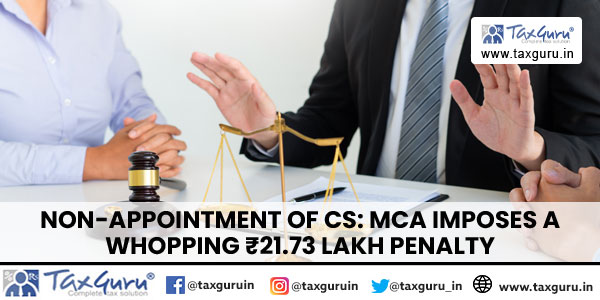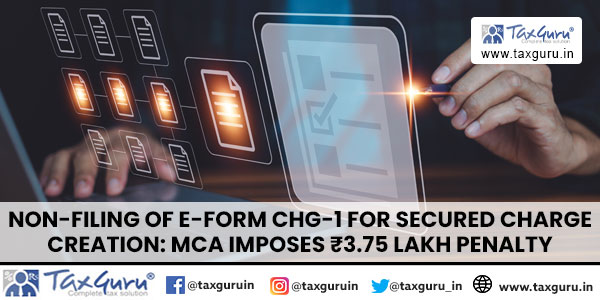Pursuant to the discussion on rights, interests and titles in immovable properties and property development transactions, it is useful to focus on legal persons and entities who are involved in them and the laws governing them. The first legal person and entity to be taken for discussion is an Individual in all his roles and legal statuses which are as follows:
- As a citizen of India or a foreign citizen.
- As a Resident or a Non-Resident.
- As a Non-Resident Indian (NRI) or a Person of Indian Origin (PIO)
- As a person having certain fundamental rights and duties under the Constitution.
- As a heir, successor or beneficiary under the personal laws on inheritance and succession.
- As a member, coparcener of a Hindu joint family.
- As a trustee, beneficiary of a private trust.
- As an agent, power of attorney or a legal representative of another person.
- As a taxable or assessable entity under different tax laws.
- As a partner of a partnership firm.
- As a member of an Association of Persons (AOP).
- As a member of a society including a cooperative society.
- As a shareholder, director or constituent of a company.
- As an employee of another person.
- As an investor, buyer or seller of transactions in immovable properties and property development.
Matters relating to citizenship, the fundamental rights and duties of an individual are dealt with in the Constitution of India, 1950, as follows:
- Citizenship (Articles 5 to 11 under Part-II of the Constitution) .
- The Constitution of India, 1950, was adopted and enacted by the Constituent Assembly on November 26,1949 and formally came into force on January 26, 1950.
At the commencement of the Constitution, the following persons were considered as the citizens of India:
Domicile
Every person who has his (her) domicile in the territory of India. The word “domicile” is used to mean that the person has a permanent home in India or is in India for a sufficient period which establishes a clear intention on his part to stay in India permanently or an indefinite period of time {Chandigarh Housing Board vs Gurmit Singh (2002)} 2 SCC 29 AIR 2002 SC 587.
The domicile status is for the entire country as a whole including all States and there is no separate domicile status for any State {Pradeep Jain (Dr) vs Union of India, AIR 1984 SC 1420 para 8-9 (1984)} 3 SCC 654.
The conditions are as follows:
The individual must have been born in the territory of India or either of whose parents was born in the territory of India or who has been ordinarily resident in the territory of India for not less than five years immediately preceding the commencement of the Constitution.
Thus, if an individual is a domicile in India and fulfils any one of the above conditions he (or she) becomes a citizen of India. Article 6 deals with conferment of citizen rights to certain persons who have migrated to India from Pakistan and Article 7 deals with citizenship rights of certain person migrating to Pakistan from India and returning back to India under a permit of resettlement or for permanent residence.
Article 8 deals with certain persons of Indian origin residing outside India in the following manner:
Where any person residing in a foreign country, who or either of whose parents or grandparents were born in India as defined in the Government of India Act, 1935,registers himself (or herself) as a citizen of India with the Indian Diplomatic or Consular General attached to that country in a prescribed format complying with prescribed formalities, such a person becomes a citizen of India and is referred to as the Person of Indian Origin (PIO).
Article 9: When an Indian citizen voluntarily acquires the citizenship of a foreign State, he cannot become a citizen of India by virtue of the aforesaid Articles 5, 6 or 8.


























